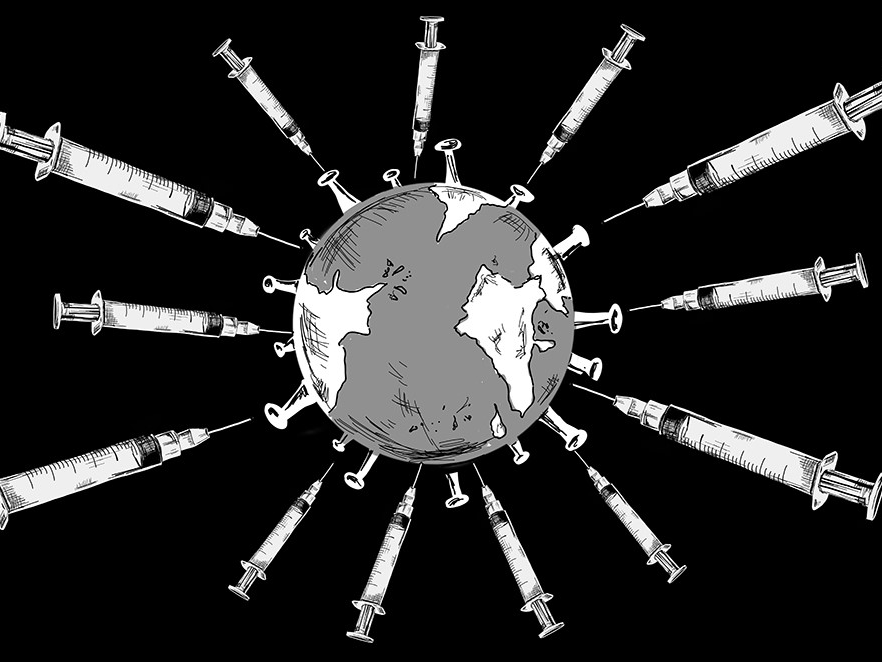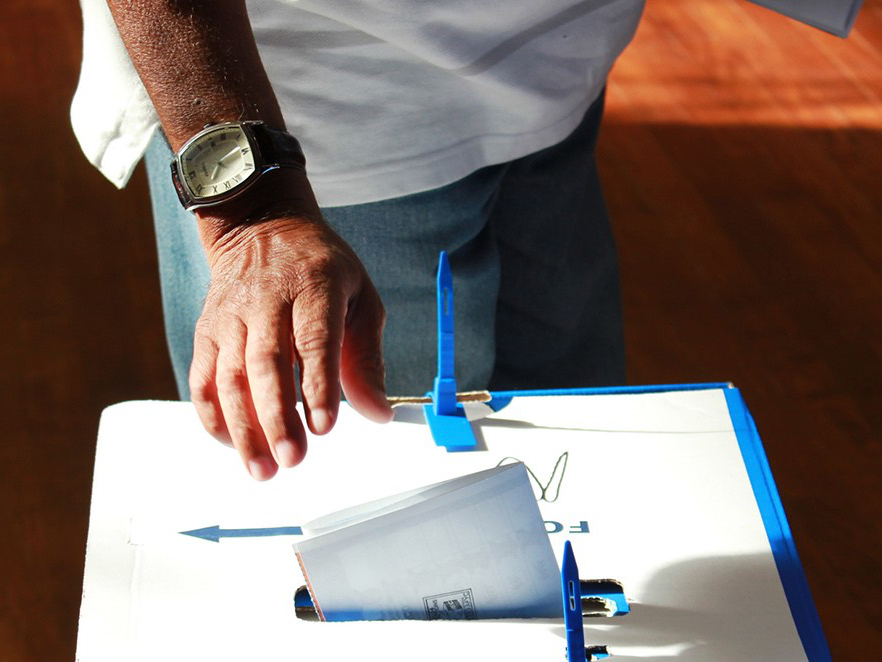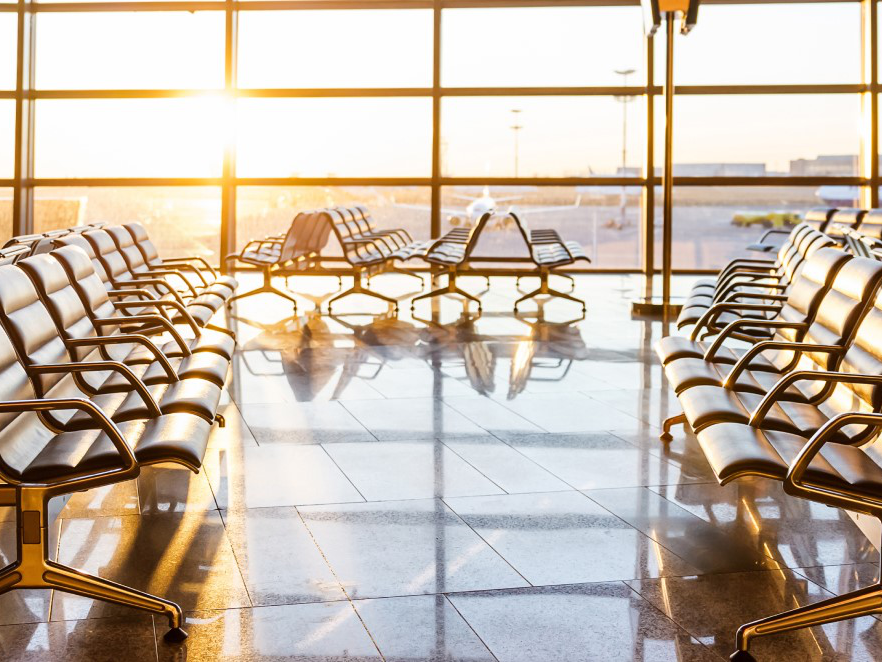Throughout the COVID-19 Crisis, the Actis global network of more than 300 employees in 16 countries has been an invaluable resource in giving on-the-ground information. In this publication, we update you on these ‘Views from the Street’. The message is clear – it ‘ain’t over’ by any means.
We also examine some malignant outcomes of the crisis, including mushrooming inequality. This includes gender opportunity, vaccine availability, efficacy and cost. Fiscal and debt dynamics continue to deteriorate despite generous and swift multilateral action. Doctor Clare Wenham, Assistant Professor of Global Health Policy at London School of Economics, and Actis’ own Shami Nissan, Head of Sustainability, look at social inequality during the pandemic, and I cover fiscal and vaccine inequality.
It is not all doom and gloom. The further eastwards one travels, the more optimism shines through. A global survey of our portfolio companies and colleagues undertaken by Ed Williams and David Kunzmann of Actis, draws stark contrasts between Asian views and those of Latin America and Africa. And whilst there are many challenges in implementation, the global healthcare research response is in overdrive when it comes to vaccine and therapeutics development.
A year ago, many commentators were prepared to write off Emerging Markets as an investment opportunity. We disagreed, noting that recessions and currency sell offs had historically provided the best opportunities for new investment. By the end of last year, many of those early ‘Jeremiah’s’ were predicting Emerging Markets as their number one asset class choice for 2021. Writing now in the spring of 2021, we see a more nuanced picture, whereby country and industry specifics are increasingly important to outcomes. As investors in private assets, we must focus on the long term horizon. We believe that even fiscally strapped governments will be increasingly focussed on risk mitigation, putting climate change and sustainability centre stage.
Reading through the stories from colleagues on the ground was an inspiring experience. Tales of ingenuity and adaptability against adversity are heartwarming. Children, dogs, wardrobes, bookshelves, washing lines, bikes, souvenir dolls, patterned wallpaper, log cabins and photo shopped backgrounds have featured in seemingly never-ending Zoom calls. One colleague has never failed to appear without a turbine blade (apparently) sprouting from his head! More seriously, the importance of digital networks has been reinforced, and digital is a constant theme in the pages that follow.
A health warning – some of the individual commentaries that follow may make for uncomfortable reading. COVID-19 experience has been and remains stressful for many. What you believe and how you feel about this crisis of humanity differs profoundly depending on your location and circumstance. We make no apologies for presenting (largely) unedited views of the world as seen on the ground. Others may have less or more sanguine views, reflecting individual circumstances. We do however hope that the perspectives in the following pages add to an already rich canvas that documents COVID-19 and its impacts.
One personal observation – vaccine diplomacy stands in the way of effectively combatting COVID-19. Individual vaccines all have drawbacks – whether it be cost, efficacy or side effects. Yet eschewing inexpensive vaccines because of side effects and replacing with others that either stretch poorer country budgets or have low efficacy rates are false economies of Olympian proportions. My friend Sir Jeremy Farrar, Director of Wellcome Trust – a leading global life sciences foundation – talks compellingly of the need to vaccinate the world. This won’t happen effectively if priorities continue to be jumbled.
We hope this is the last edition of Street View that focusses in its entirety on COVID-19. However, we acknowledge that impacts from the pandemic may remain part of the investment landscape for a long time to come.






